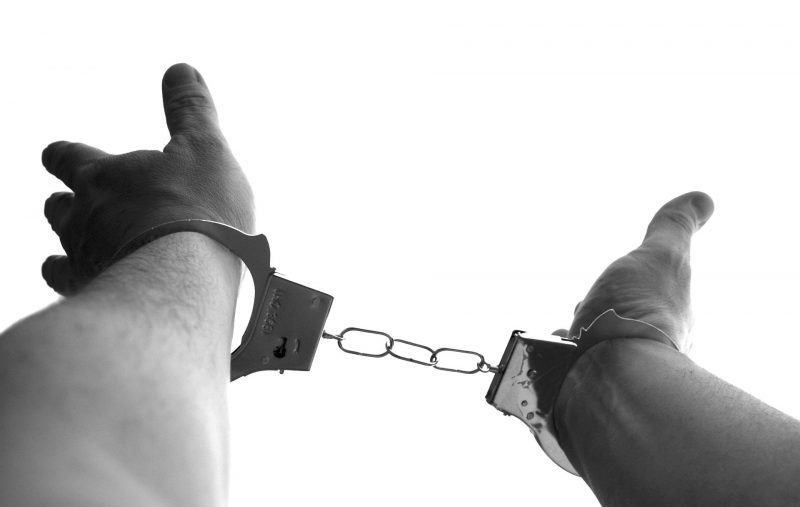
“When I heard these things, I sat down and wept. For some days I mourned and fasted and prayed before the God of heaven. Then I said: “ Lord, the God of heaven, the great and awesome God, who keeps his covenant of love with those who love him and keep his commandments, let your ear be attentive and your eyes open to hear the prayer your servant is praying before you day and night for your servants, the people of Israel. I confess the sins we Israelites, including myself and my father’s family, have committed against you. We have acted very wickedly toward you. We have not obeyed the commands, decrees and laws you gave your servant Moses. “Remember the instruction you gave your servant Moses, saying, ‘If you are unfaithful, I will scatter you among the nations, but if you return to me and obey my commands, then even if your exiled people are at the farthest horizon, I will gather them from there and bring them to the place I have chosen as a dwelling for my Name.’” Nehemiah 1:4-9.
We don’t have to look too far to see the consequences of generational sin in Ireland. As the Apostle Paul says, we have let many suns go down on them, throughout our history, and we have given Satan a foothold, a carte blanche, into the church and politics here. As in Nehemiah’s day, “the walls are broken down and the gates have been destroyed by fire.”
As the church in Ireland, we are meant to be watchmen on the walls and gatekeepers, people who determine what comes into our society from the outside, things that are not a reflection of the kingdom of God. We are meant to be light and salt, thermostats not thermometers.
We have instead the following brokenness:
- Historical – Christendom, Empire spirit in the church and nation, genocide, land removal, plantation…
- Family – broken marriages, fatherlessness, loss of the nuclear family, same-sex marriages, gender confusion…
- Church – our voice has been lost, division over doctrine: denominations, embracing wrong covenants…
- Society – lawlessness, undermining of Judeo-Christian values, moral relativism, paramilitaries…
Nehemiah reminds us about God’s covenantal relationship with us. As a church, we need to embrace the realities of that again. Own afresh what is broken; be open to read our histories with our cultural blinkers off; embrace, from God’s perspective, the wounds we have inflicted on the other. Perhaps then we can enter into identificational repentance for the historic sins we have so often committed in God’s name. Realising along with Nehemiah, that above all “We confess the sins that we and our fathers have sinned against YOU.”